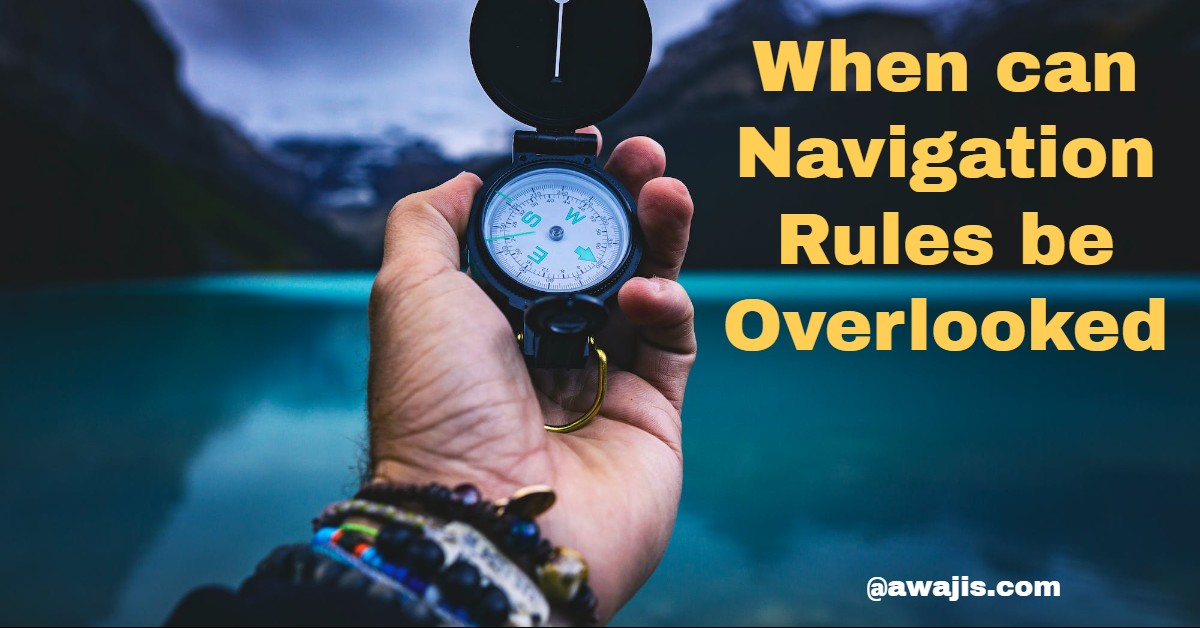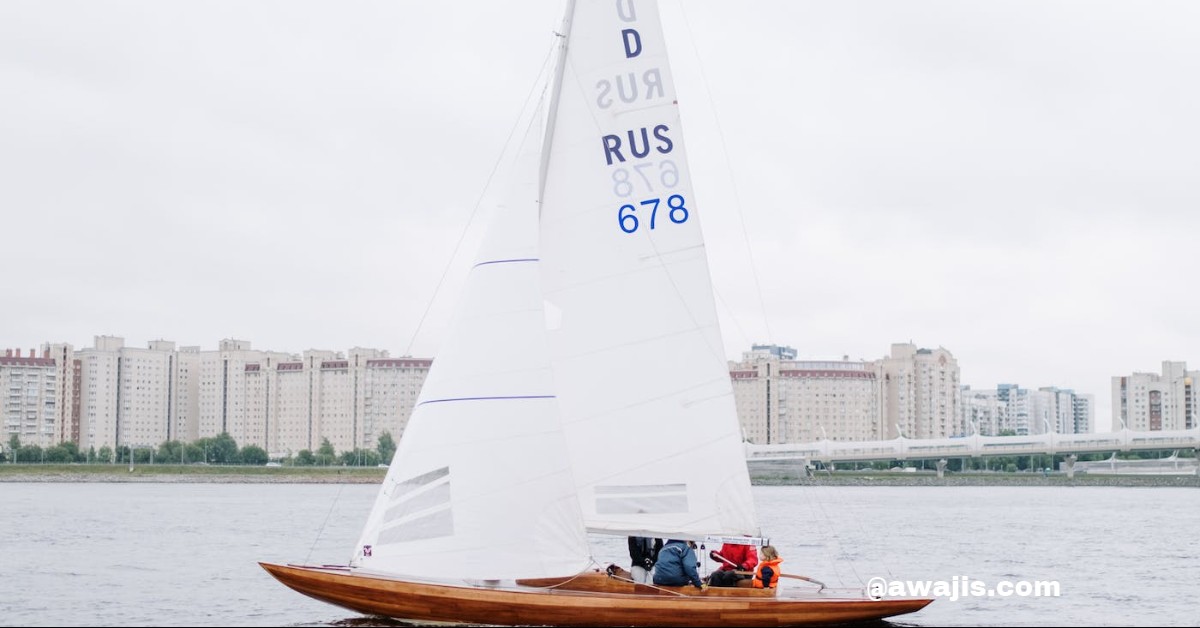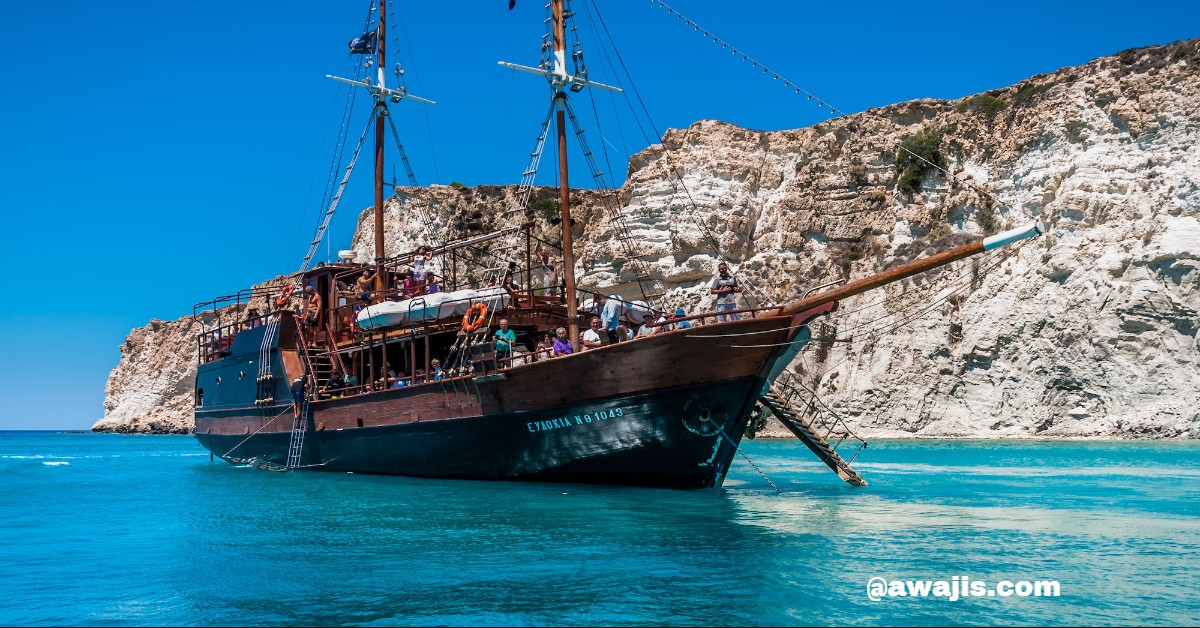When can Navigation Rules be Overlooked?
Have you been wondering when navigation rules can be overlooked? Well, you are in the right place, as today we will be talking about: when navigation rules can be overlooked, the consequences of overlooking navigational rules, ignorance of the regulations, and who can violate navigational rules.
The navigational rule includes a wide range of topics, from who has the right of way to the information provided by regulatory signs and other safety equipment to maximum allowable speeds. Those laws govern how you can and can’t move on the water.
Even though there are severe consequences for breaking these norms, vessels are sometimes given leeway from them, just as there are exceptions to any rule. In this piece, we’ll go into the topic of such eras.
But before we go further, let us first know the ”Navigation Rule”.
What Are Navigation Rules?
Navigation rules are often called ‘rules of the road at sea’ and apply to all boats. These rules indicate passing, approaching, giving way, and overtaking other boats.
Safe navigation requires adherence to certain regulations established by the maritime community. You need to be familiar with the constellations, your location’s latitude and longitude, the location and depth of any nearby land features (such as rocks, shoals, and reefs), and how to use landmarks and a compass to plot a path.
Even though open-water navigation can be difficult at first, experienced sailors soon learn the ropes and can take their boats wherever they like.
When can Navigation Rules be Overlooked?

Adhering to navigational standards reduces the risk of an accident occurring at sea. They control things by ensuring that all vessels know where to go, how fast to go, and what to do in an emergency.
Some situations, however, allow for the complete disregard of these safety regulations. Some examples of such situations are:
When There Is a Burning Boat Close To You
The topic of whether or not standard navigating protocols should be eased is raised when another boat on a canal collides with a casualty.
When navigating a boat, one of the regulations is to slow down when passing through a tight passage.
This will help you steer clear of other boats on the canal. In some books, it is necessary to ignore this principle of boat sailing.
This happens when another boat on the restricted channel is ablaze. If you’re in a tight waterway and a burning boat comes up behind you, you’ll need to hurry up to get by.
If the waterway passage behind you is too small to let you get away from the flaming boat, you should do this.
However, if you have adequate space, you can steer your boat away from the on-fire vessel.
Sailing in Poor Visibility
When visibility is low, sailors can forget basic navigational skills. For instance, poor vision can make radar operation difficult, if not impossible.
Because of his impaired vision, the sailor may decide to risk all and go with the flow. Doing so may put you in harm’s way, so proceed with caution.
Keep an eye on the horizon and utilize sound and light signals whenever possible when sailing in low visibility. Sailors should also keep their eyes peeled for other boats and other hazards in the water and avoid making any abrupt changes to course or speed.
Crossing Dangerous Waters
When navigating hazardous seas, it’s easy to forget basic safety precautions. Following proper nautical procedures isn’t usually a top priority when faced with rough seas.
Sailors in such difficult conditions will disregard some navigational norms to make it back to shore alive. For example, a ship may feel safer travelling alongside other vessels in hazardous seas.
When a Vessel has Little Maneuverability
The captain and crew of a ship with limited manoeuvrability may break the law to ensure everyone’s safety.
That said, doing so may put everyone on board in harm’s way. It is crucial to make informed decisions using all the data when travelling in such hazardous settings.
Some navigational principles can be bent if you’re in a more agile ship heading toward a less agile one, since you have to account for the other ship’s inability to prevent a collision. In such a scenario, the other boat acts as the primary watercraft.
When the Sailor is Inexperienced
Every sailor needs to be able to navigate, but it’s especially difficult to do so in bad weather and when the skipper isn’t familiar with the area.
First-timers at sea may be tempted to cut corners and risk everyone’s safety by ignoring basic maritime safety measures. To navigate their vessels properly, sailors must be familiar with the official and informal navigational protocols.
Remember that even a novice sailor may travel safely and efficiently if he or she follows a few basic standards and stick to these navigation laws at all times unless circumstances require otherwise.
To Avoid Immediate Danger.
Accidents frequently occur suddenly and unexpectedly. Even while navigators receive extensive training to recognize and avoid potentially hazardous circumstances, accidents sometimes occur.
In the event of an immediate threat, boaters may disregard normal navigation procedures. For the sake of the safety of the sailors, it is acceptable to make exceptions to the restrictions.
A captain can deviate from standard maritime practice in an emergency. The only acceptable justification for breaking navigational norms is saving lives.
Consequences of Overlooking Navigation Rules
Several maritime rules must be followed when out on the open sea. All members of the crew, as well as the natural surroundings, are to be kept safe by following these guidelines.
Unfortunately, there are situations when these norms are disregarded, with disastrous results. Let’s take a look at a few consequences:
- Navigational errors can result in a shipwreck.
- They can also result in losing a captain or crew member at sea.
- They can cause dangerous situations on board the vessel, resulting in serious injuries and even death.
- They have the potential to harm the environment.
- You could face legal consequences if you violate navigation laws, especially if your actions endanger others on the sea.
Mistakes in navigation account for a significant portion of all maritime mishaps. It can be difficult for a ship to navigate safely in dangerous waters if it is not properly equipped. To avoid danger while at sea, navigators must keep their guard up at all times.
Ignorance of the Regulations
Human error is the leading cause of maritime disasters. Mariner safety depends on everyone on board knowing and following the maritime regulations of the road. Vessels frequently break navigational regulations because they are unaware of them.

A lack of familiarity with safety procedures increases the risk that inexperienced sailors would ignore them. This can put crew members in harm’s way and leave a ship adrift at sea.
For example, a sailor in a tiny boat may not be conversant with the regulations for safe navigation around shallow waters and make serious mistakes. Misuse occurs when people don’t know enough about a topic, and education is the only way to change it.
Mariners’ education in maritime law and safety can go a long way toward reducing the frequency and severity of these incidents.
Who Can Violate Navigation Rules?
A safe voyage at sea is the primary goal of maritime regulations. In certain cases, however, it may be necessary for some persons to deviate from these norms to ensure their safety. The following people are immune to navigational norms.
Pirates and unlicensed fishermen
Even though it’s against the law, these groups violate maritime protocol. This is because they are confident that they can avoid being caught by authorities and are acting on this assumption. However, if they are apprehended, they will face the full force of the law.
Research Vessels
The majority of vessels that break maritime regulations are those that perform marine science research. To study marine life and the oceans, marine scientists rely on the information collected by these ships.
These ships frequently use nontraditional methods of navigating, such as following ocean currents, to get from one place to another. Some MPs have voiced concern over the fact that many of these vessels operate outside the maritime industry’s norms.
Some lawmakers claim that these ships must closely comply with maritime regulations to safeguard the public and maintain safety. While at sea, several factors could lead to a captain disregarding basic navigational procedures.
It’s important always to follow the rules because breaking them might have serious consequences.
While it’s always best to adhere to navigation laws, there are situations when doing so is not only permissible but necessary. It’s important to remember that a safe voyage begins with following the rules but that there are times when breaking the rules is necessary.
Those who are in Urgent Danger
The existing state of maritime law enforcement necessitates that anyone in immediate danger breaks the standards of safe sailing. Those in a life-threatening emergency or otherwise in peril are included in this category.
Giving ships the green light to disregard the laws of the road is a departure from the standard practice of strictly following maritime law.

The policy justification for this exception is twofold: first, the protection of people is paramount in times of imminent danger; and second, those in imminent danger can more effectively communicate with those who are aiming to harm them by deviating from the letter of maritime law.
Maintaining Situational Awareness
Plenty of boats and vessels are damaged, colliding with each other simply because the sailors lack situational awareness while navigating. This is why it is essential to know the things that are happening outside and in your boat.
Why are navigational Rules important?
Collision avoidance
Understanding navigation rules is important to prevent boats and vessels from colliding with each other. If sailors know that a vessel is currently on a fishing expedition, anchored or underway, other boats can change their course and movement to directly prevent a collision. This is key to avoiding all kinds of damage and accidents.
Proper Communication
Navigation rules consist of indicating lights to show a where and how a boat is navigating. This is helpful when two sailing boats are nearby or when there isn’t enough visibility.
Safety
Navigation rules exist to offer details about a boat’s movement and activities. For instance, if a boat is “anchored”, other vessels may want to help or exercise vigilance. This all boils down to safety and preventing problematic situations.
When can Navigation Rules be Overlooked FAQ
You are operating during a period of restricted visibility. what should you do?
Restricted visibility occurs when your scope of vision is limited by weather conditions like fog, mist, falling snow, heavy rainstorms, sandstorms, etc.
When this happens, you should reduce your vessel speed so you can easily change course when there’s the possibility of collision.
A sailboat is underway in the fog. what sound signal should you hear?
For a sailboat in areas of reduced visibility, you should listen for a prolonged blast of horn for up to six seconds. This should let you know that there is a nearby boat. The goal of this is to prevent collisions.
What is the primary purpose of the Navigation Rules?
The primary purpose of the navigation rules is to encourage collision-free navigation, particularly when boats are sailing near each other.
Conclusion
You should know that navigational regulations should only be broken in exceptional instances. Doing it carelessly or casually is not acceptable. When boating, this will help reduce the risk of accidents and deaths.
Related:
15 Best Paying Jobs in Public Utilities (Updated 2025)